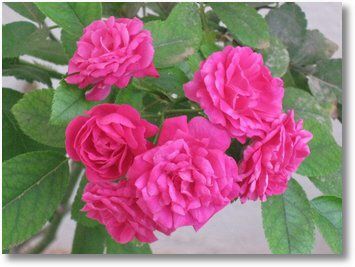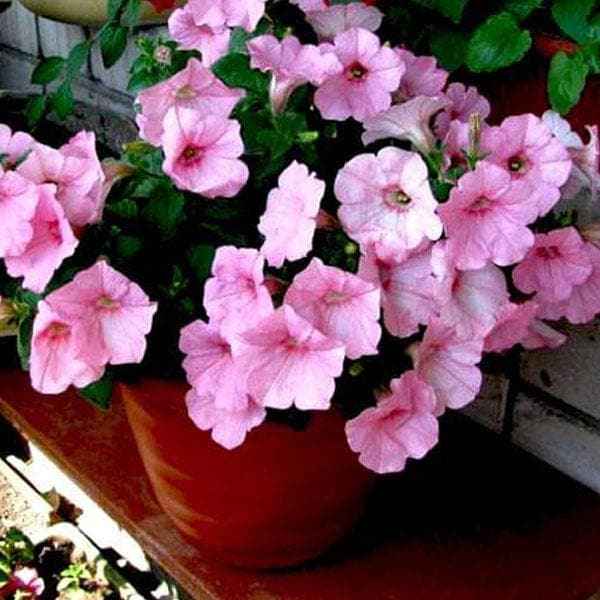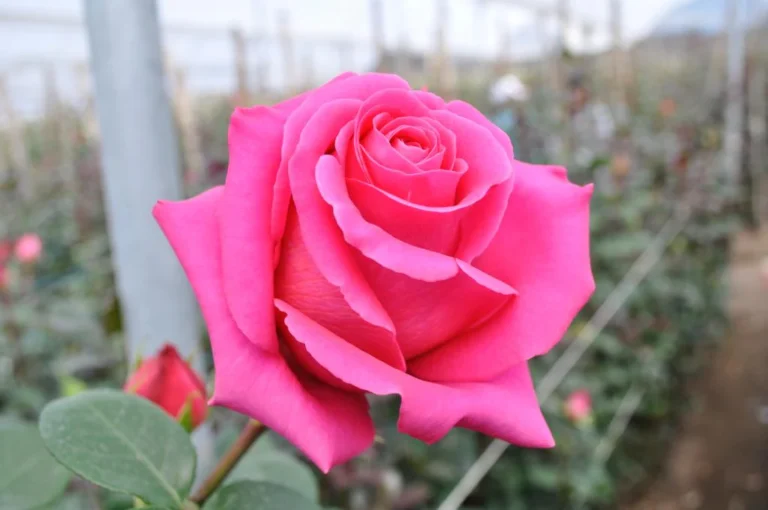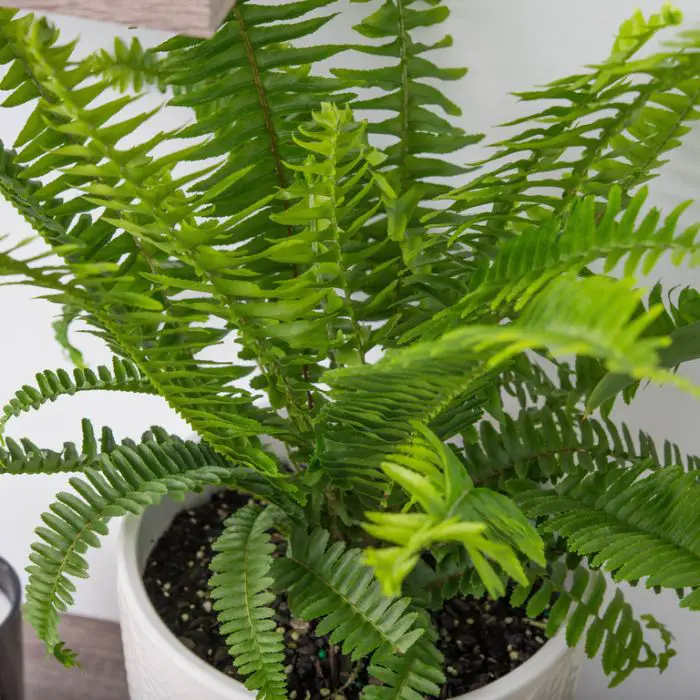Paneer rose (Rosa × damascena) is a type of rose that is native to the Middle East and South Asia. It is known for its beautiful pink flowers and its distinctive fragrance. Paneer roses are often used in perfumes, aromatherapy, and traditional medicine.
Planting and Care
Paneer rose plants are relatively easy to grow. They thrive in full sun and well-drained soil. They should be watered regularly, but not too much. Paneer rose plants are not very tolerant of frost, so they are best grown in warm climates.
Flowering
Paneer rose plants typically bloom in the spring and summer. The flowers can be white, pink, or red. They have a sweet, delicate fragrance that is often described as being similar to cream cheese.
Harvesting
The petals of paneer rose flowers can be harvested for use in perfumes, aromatherapy, or traditional medicine. The petals can be dried or used fresh.
Benefits
Paneer rose flowers have a number of health benefits. They are a good source of antioxidants, which can help protect the body against damage from free radicals. They also contain essential oils that have anti-inflammatory and antibacterial properties.
Pests and Diseases
Paneer rose plants are susceptible to a few pests and diseases, including aphids, spider mites, and powdery mildew. These pests can be controlled with insecticidal soap or neem oil. Powdery mildew can be prevented by watering the plant in the morning so that the leaves have a chance to dry before nightfall.

Growing Paneer Rose Plants
If you are interested in growing paneer rose plants, you can purchase them from a nursery or online retailer. They are typically sold as potted plants or bare-root plants.
Once you have purchased your paneer rose plant, you will need to choose a location for it. Paneer rose plants need full sun and well-drained soil. They should be planted in a spot that is protected from the wind.
After planting your paneer rose plant, you will need to water it regularly. The soil should be kept moist, but not soggy. You should also fertilize your paneer rose plant once a month during the spring and summer.
With proper care, your paneer rose plant will bloom for many years to come.
Conclusion
Paneer rose plants are beautiful and fragrant flowers that are easy to grow. They have a number of health benefits and can be used in a variety of ways. If you are looking for a beautiful and fragrant addition to your garden, paneer rose plants are a great choice.
FAQ’s
What are the health benefits of paneer rose?
Paneer rose petals have a number of health benefits. They are a good source of antioxidants, which can help protect the body against damage from free radicals. They also contain essential oils that have anti-inflammatory and antibacterial properties.
Some of the specific health benefits of paneer rose include:
- Reduced anxiety and stress: The essential oils in paneer rose petals can help to soothe anxiety and reduce stress.
- Improved digestion: The antioxidants in paneer rose petals can help to improve digestion and reduce the risk of stomach ulcers.
- Reduced inflammation: The anti-inflammatory properties of paneer rose petals can help to reduce inflammation throughout the body.
- Boosted immunity: The antioxidants in paneer rose petals can help to boost the immune system and fight off infection.
- Improved skin health: The antioxidants and essential oils in paneer rose petals can help to improve skin health and reduce the appearance of wrinkles and age spots.
How to propagate paneer rose plants?
Paneer rose plants can be propagated by seed, cuttings, or air layering.
- Seed propagation: Sow the seeds in a well-drained potting mix in the spring. Keep the soil moist but not soggy. The seeds will germinate in about 2-4 weeks.
- Cutting propagation: Take a 4-6 inch cutting from a healthy plant in the spring or summer. Remove the lower leaves from the cutting and dip the end in rooting hormone. Plant the cutting in a well-drained potting mix and keep the soil moist. The cutting will root in about 4-6 weeks.
- Air layering: In the spring or summer, make a cut in the bark of a healthy plant. Wrap the cut area with moist sphagnum moss and secure it with plastic wrap. The roots will form in about 4-6 weeks. Once the roots have formed, you can cut the rooted section of the plant from the mother plant and plant it in a pot.
What are the pests and diseases that affect paneer rose plants?
Paneer rose plants are susceptible to a few pests and diseases, including:
- Aphids: Aphids are small, soft-bodied insects that feed on the sap of plants. They can cause leaves to wilt and discolor. Aphids can be controlled with insecticidal soap or neem oil.
- Spider mites: Spider mites are tiny, eight-legged arachnids that feed on the sap of plants. They can cause leaves to become yellow and dry. Spider mites can be controlled with insecticidal soap or neem oil.
- Powdery mildew: Powdery mildew is a fungus that causes a white, powdery coating to form on leaves. Powdery mildew can be prevented by watering the plant in the morning so that the leaves have a chance to dry before nightfall.
How to care for paneer rose plants in winter?
Paneer rose plants are not very tolerant of frost, so they should be protected in winter. If you live in a cold climate, you can bring your paneer rose plant indoors or plant it in a container that you can move indoors during the winter. If you keep your paneer rose plant outdoors in winter, you will need to water it less frequently and protect it from frost.
Where can I buy paneer rose plants?
Paneer rose plants are available at some nurseries and online retailers. You can also find them at some farmers markets and specialty plant shops.
What is the English name of paneer rose plant?
The English name of paneer rose plant is Damascus rose. It is also known as Rosa × damascena.
What is the Indian paneer rose plant?
In India, paneer rose plant is known as gulab. It is a popular flower in Indian culture and is used in a variety of ways, including in perfumes, aromatherapy, and traditional medicine.
What is another name for paneer rose?
Another name for paneer rose is cream cheese rose. This name is derived from the sweet, delicate fragrance of the flowers, which is often described as being similar to cream cheese.
Is paneer rose edible?
Yes, paneer rose petals are edible. They have a mild, sweet flavor and can be used in a variety of recipes, including salads, desserts, and beverages.







